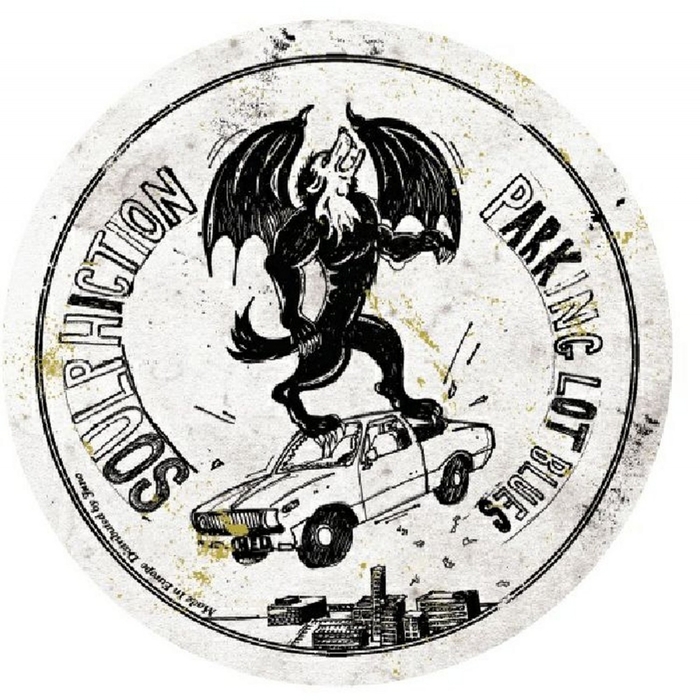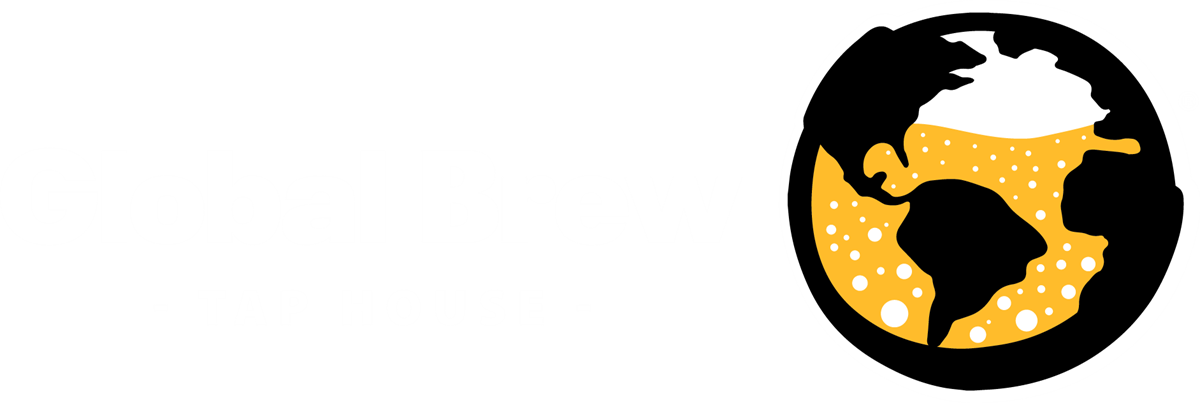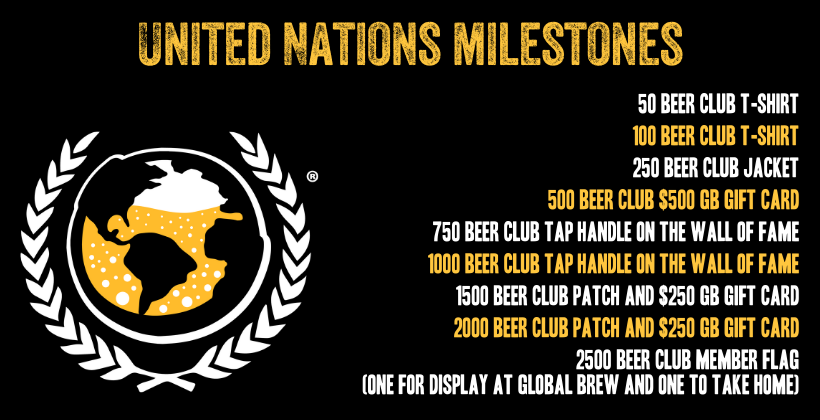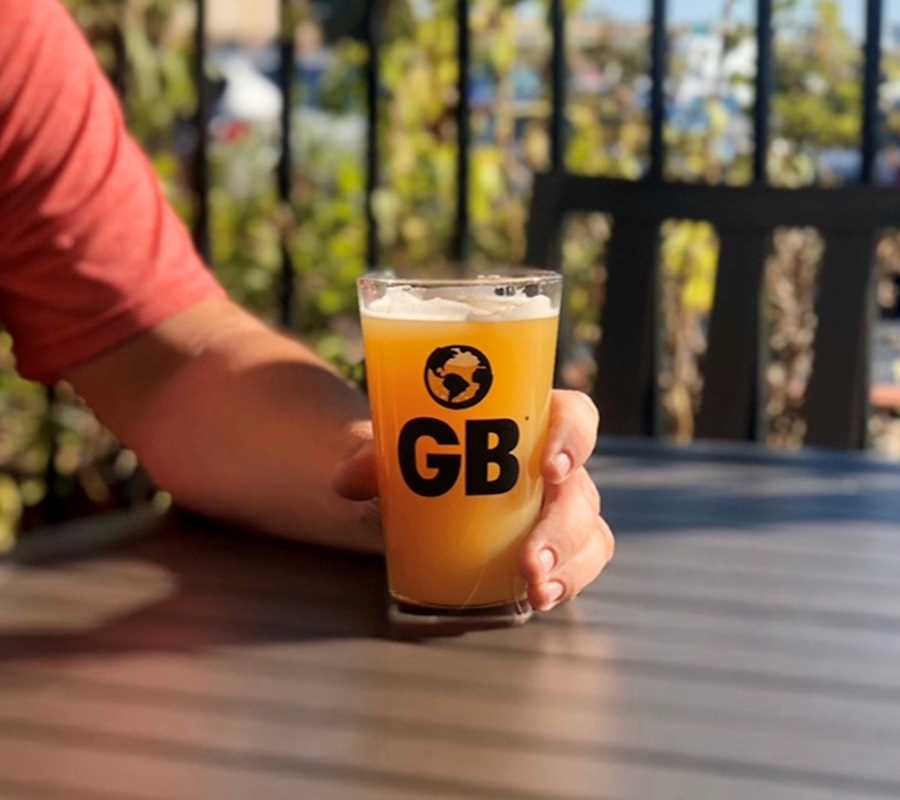Table Of Content
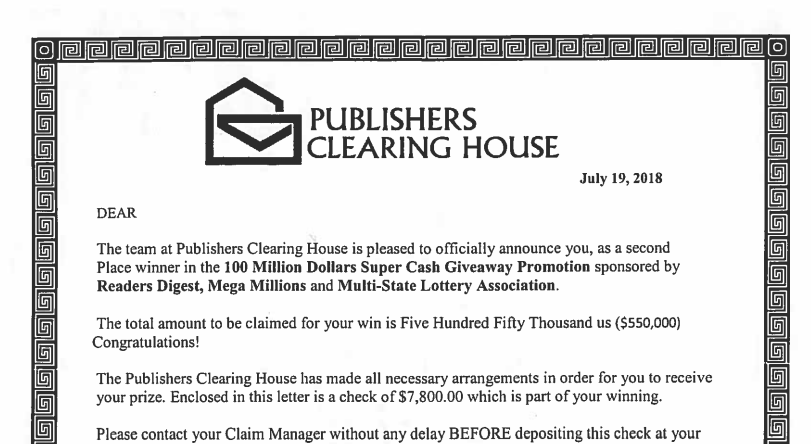
On top of the fact that all prizes are awarded in person, Publishers Clearing House does not ask that any taxes or other kinds of fees be paid up front for wiring the money or for any other reason. They also will never ask prize winners to help load their winnings onto any kind of a card. Fraudsters will sometimes ask victims to open new accounts in order to claim prizes. But in order to do so, you’ll need to “verify” your identity by sharing a bank account number or other sensitive personal information. This allows scammers to take control of the account and steal your identity. This would mean that the scammers would have a local money mule posing as Norma Dixon who would accompany you to the bank, receive your cashier's check, and then go and cash it.
You Never Have to Pay to Receive a Legitimate PCH Win
Be sure to read the Sweepstakes Facts, as well as our Official Rules. They are there to provide you with all the information you need to play safely! Don’t fall for ‘lookalike’ mailings that try to mislead consumers by imitating legitimate sweepstakes.

For Consumers
We expect commenters to treat each other and the blog writers with respect. Since its inception, the hallmark of the Publishers Clearing House sweepstakes has been that no purchase, fee, cost or payment is ever necessary to enter or win. This message appears repeatedly in our mailings in many forms, is present in our website disclosures and is featured on our toll-free customer service line. Welcome to the Fraud Protection section of our website. We hope you will take the time to read these valuable consumer education and protection messages that are intended to help you, the consumer, stay safe and protected from fraudulent scammers.
Beware of Fake Facebook, Twitter and Instagram Profiles
Headlines like "Publishers Clearing House Scam", or "PCH Drawing — You May Be a Loser", or "Beware of the PCH Scam" can easily be interpreted as a representation against the real PCH. We please ask that all media reporting on these stories make it clear in headlines and text copy that the scam is being perpetuated by imposters and not the real Publishers Clearing House. Thank you in advance for your consideration of this request.
Still Not Sure? Get More Tips Directly From PCH.com
At PCH the winning is always free and you NEVER have to pay to claim a prize. If you have to pay to get your prize, it’s a scam. Never send money to collect a prize, sweepstakes check, or lottery winnings. Publishers Clearing House (PCH) does NOT send e-mails notifying consumers that they have won a major prize.
Fraud Protection
To report a scam, please click here to fill out a Scam Incident Report. Entering sweepstakes and giveaways is fun, exciting and enjoyable. But please keep these valuable tips and warning signs in mind to help you identify which offers are real and which are scams. To those of us who are skeptical and mistrusting at heart, it is easy to recognize this as a scam. This is the lottery scam, one of many elder scams aimed to separate a retiree from their money.
Tip 1: Do Not Send Money to Claim a Sweepstakes Prize
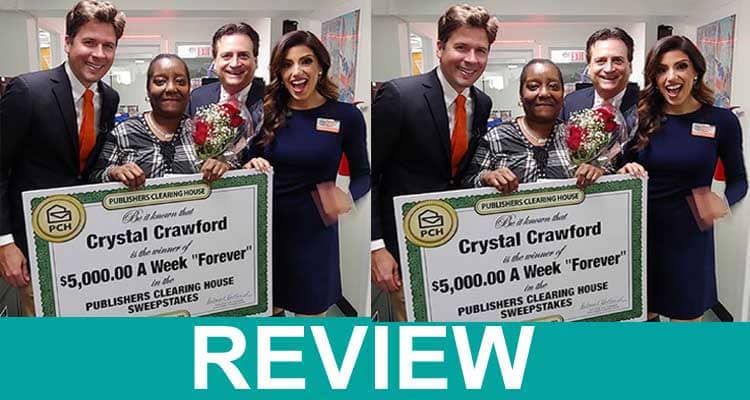
Scammers extort money from you in exchange for a promise of a prize that never materializes. The truth is you never, ever have to pay to receive a sweepstakes prize from Publishers Clearing House or any other company. Scammers are adept at making people believe that they are affiliated with Publishers Clearing House when they're not. PCH is a popular target of scams because most Americans are familiar with the company, many have already entered the MegaPrize giveaways, and nearly all want to believe they have really won a prize. Winning sweepstakes often feels too good to be true — and sometimes, it is.
The message that you have won a Walmart gift card is bogus and any mention of Publishers Clearing House, our employees, or the PCH Prize Patrol is fraudulent and being used without our permission or authorization. Consumers should not respond to these bogus text messages and should not share personal or private information which could lead to identity theft or credit card fraud. We appreciate your visit to the fraud protection section of our site and thank you for educating consumers about scam artists who oftentimes use our good name in attempts to deceive. Unfortunately, some well-intentioned coverage of this issue has resulted in headline and text copy that may be misread to indicate that the scam is from the real Publishers Clearing House.
How to Recognize Publishers Clearing House Scams
Publishers Clearing House wants to warn you about scam artists sending out real looking checks in an attempt to get you to send money! Scam artists send you an official looking letter claiming to award you a sweepstakes prize. The letter may illegally use the name of a well known company like Publishers Clearing House or a sound alike name in an attempt to build trust. (These offers are not affiliated in any way with Publishers Clearing House!) The letter encloses a real looking check that may appear legitimate. In May 2022, Google and Twitter users were searching for answers after receiving phone calls from scammers who claimed to be affiliated with the Publishers Clearing House (PCH) sweepstakes.
First, Publishers Clearing House never calls in advance of giving a prize. Normally, they show up at your house with a big cardboard check and a film crew. For lesser prizes, they may send you something in the mail. Spammers do not want to send you something in the mail because the punishment for mail fraud is a fine up to $1 million and imprisonment for up to 30 years. Additionally, sending something in the mail costs money. While Publishers Clearing House has been a reputable company for nearly 70 years, PCH scams do exist.
STAY ALERT: MARSHALL POLICE WARN OF PUBLISHER CLEARING HOUSE SCAM TACTICS - kmmo.com
STAY ALERT: MARSHALL POLICE WARN OF PUBLISHER CLEARING HOUSE SCAM TACTICS.
Posted: Fri, 08 Mar 2024 08:00:00 GMT [source]
They are foreigners and I never speak to them but I know they can be very convincing until they ask you to send "gift cards." It's distressing to hear PCH themselves have been deceiving people. The purpose of this blog and its comments section is to inform readers about Federal Trade Commission activity, and share information to help them avoid, report, and recover from fraud, scams, and bad business practices. Your thoughts, ideas, and concerns are welcome, and we encourage comments. We review all comments before they are posted, and we won’t post comments that don’t comply with our commenting policy.
I have told PCH these facts, but nothing happens and that supports the hypothesis that they are authoring and responsible, but this is all in question. PCH was a leading supporter and member of the Alliance for Consumer Fraud Awareness, a private-public initiative of the Postal Inspection Service. The mission of the Alliance has been to empower consumers to recognize and avoid consumer scams through public education and media programs. Members represent over 20 financial institutions, associations, consumer advocacy groups and businesses. “I`m calling to let you know that you are the second prize winner in our big sweepstakes for $2.5 million,” Guthrie said.
But the BBB reported that locally consumers lost about $1,500 in the past three months. The losses could be higher because many victims do not report their losses out of fear that family members and friends will find out and be upset with them. She does recall that all she had to do was send them a cashier's check for $4,800 and they would come to her home and bring her winnings. Remember, the FTC never asks you to pay or share personal information to receive a refund. Don't pay anyone who contacts you and promises you a refund but asks you to pay a fee or attempts to obtain your personal information. According to the complaint, the deception starts from the company’s homepage, where consumers complete an “Official Entry Form” with a large button with phrasing like “WIN IT!
PCH would never request you send money to claim a prize and we never notify major prize winners by phone or mail. If you are asked to provide your credit card number or provide your financial bank account information in order to claim a sweepstakes prize — STOP. Fraudulent scam artists often request this information and then go on a spending spree with your credit card; or wipe out your bank account. The Federal Trade Commission works to promote competition and protect and educate consumers.




